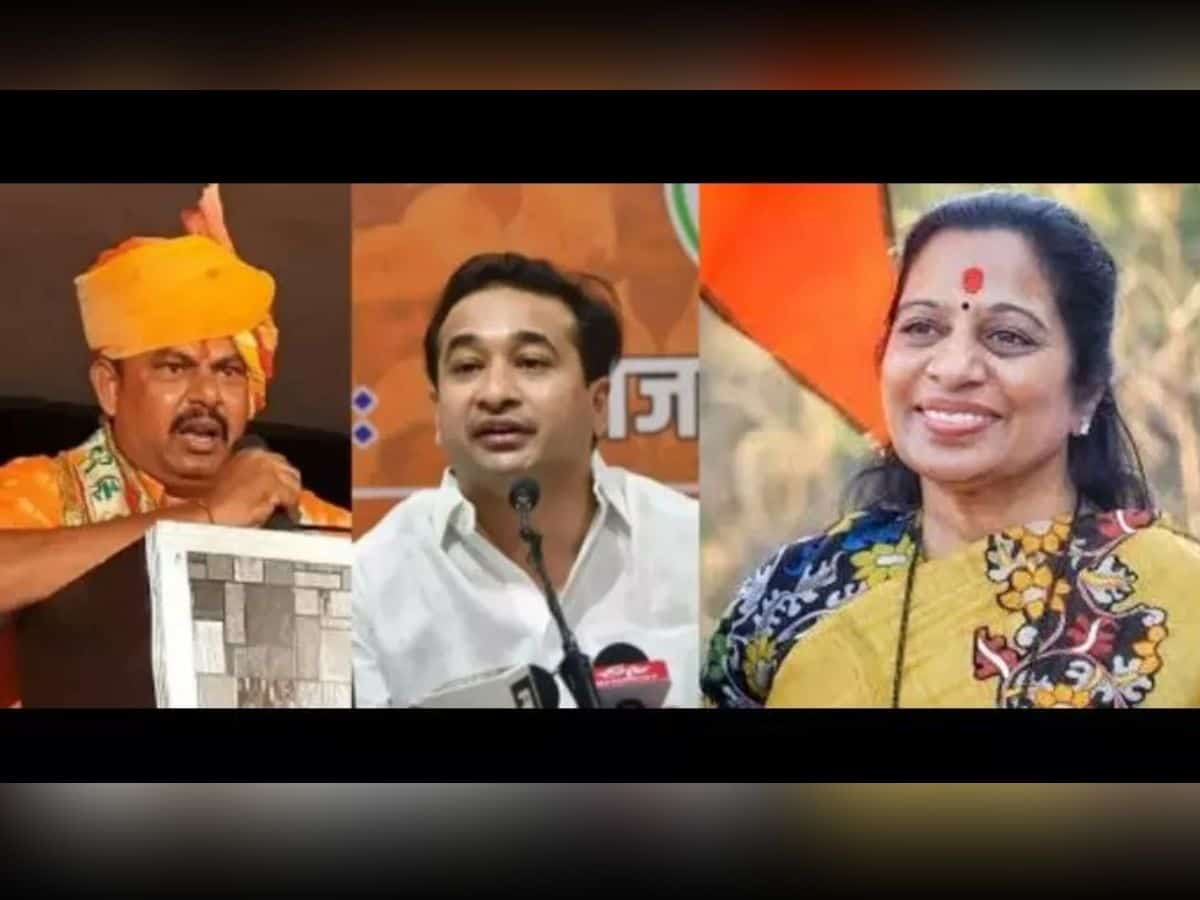
The Mumbai Police on Tuesday, July 9 in its affidavit submitted before the Bombay High Court defended the use of terms like ‘Rohingyas’, ‘ Bangladeshis’ and ‘Jihad’s, used by several Bharatiya Janata Party (BJP) leaders, arguing that these words were not used to outrage the religious sentiments of the Muslim Committee in India, Live Law reported.
The police in the affidavit stated that the remarks like ‘Rohingyas’, ‘ Bangladeshis’ and ‘Jihadis’ made by BJP leaders like Nitesh Rane, T Raja, and Geeta Jain did not warrant the invocation of Section 295A of the Indian Penal Code (IPC), which deals with outraging religious feelings.
‘Jihadis, Rohingyas & Bangladeshis terms not offensive’
The Mumbai Police’s response came following a case pertaining to a Public Interest Litigation (PIL) filed by activist Ratan Kumar Choudhary, seeking the registration of FIRs against the BJP leaders Rane, T Raja Singh and others for their alleged hate speeches and many other inflammatory words made during their speeches.
A division bench of Justices Revati Mohite-Dere and Shyam Chandakwas was hearing a bunch of petitions.
Chodahry in the PIL had argued that these remarks were intended to incite hatred and violence against the overall Muslim community living in the country.
However, the Police, in this affidavit justified the remarks of the BJP leaders made at four different places – Ghatkopar, Mankhurd, Malwani in Mumbai and Kashimira in Mira-Bhayander, during January this year and said that the terms were not directed at the other Muslim citizens living in India.
The police claimed that the BJP leaders were referring to specific groups of people who were allegedly involved in ‘criminal activities and were residing in the country illegally’.
The police affidavit has garnered sharp criticism with many critics accusing them of being complicit in BJP’s anti-refugee rhetoric.
Persecuted Rohingyas
Pertinently, the Rohingya Muslims are Myanmar’s largest Muslim population, descendants of Arab traders who assimilated into the region.
Most of them, who once lived in the Rakhine state, have now sought asylum in neighbouring countries like Bangladesh, fleeing persecution from the Tatmadaw (Burmese militia). Despite their deep-rooted ancestry, the Myanmar government repeatedly refuses to acknowledge them as their own.
The 2017 crisis saw the Myanmar government committing acts of genocide, persecution, and numerous other human rights atrocities against the Rohingyas, including burning their villages and assaulting women.
A large number of Rohingya refugees are living in different parts of India. The Indian government has taken a hardline stance against Rohingya refugees, with the BJP-led central government even seeking to deport them.
UN urges India to end racial discrimination against Rohingya
The UN Committee on the Elimination of Racial Discrimination (CERD) last week called on India to end the arbitrary detention of Rohingya who fled Myanmar to India and refrain from forcible deportation and returns to Myanmar, where they would risk being subjected to serious human rights violations.
In a statement, the body also said that it was alarmed by reports of widespread racist hate speech and harmful stereotypes against Rohingya Muslims, including by politicians and public figures. It urged the state party to firmly condemn such heinous acts and ensure they are investigated and adequately punished, in compliance with its international obligations arising from the International Convention on the Elimination of All Forms of Racial Discrimination.



